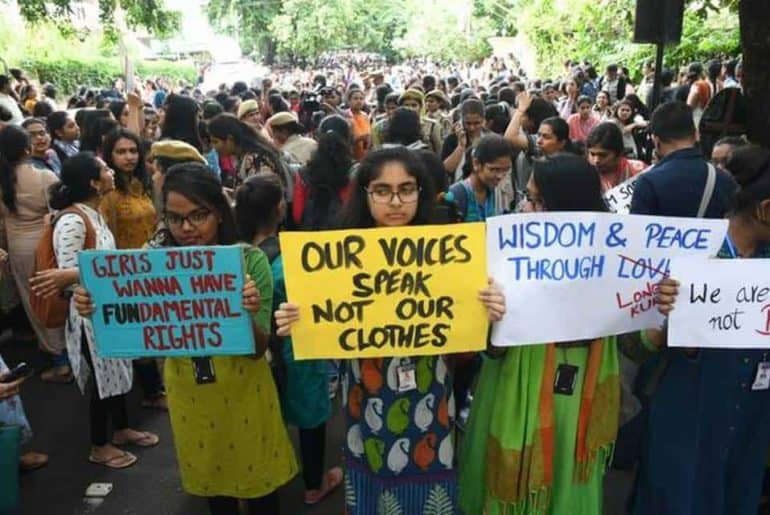Thinking about teacher’s day while going through the nostalgia of what the relationship with a teacher meant back in school and what it means now on screen.
When I think of teachers, my mind doesn’t think of the last class I attended yesterday when I was listening to my mom from one ear and the other one had an earphone plugged in. My mind takes me to one or two years back when my Commerce teacher asked us how would we eat an elephant (not literally). This is how he taught us some most important lessons. You should eat an elephant slowly and steadily, which means you should study your vast syllabus slowly, you can’t swallow it all at once.
I think of my English Teacher who lent me his books (they were hardcovers) for about six months and never really asked them back but obviously, I returned them. I think of my 12th standard class teacher who was more of my only friend in the class or maybe my Accounts teacher whose determined attitude never stops inspiring me. When I think about it, I don’t feel like I have had a teacher since I left school.
Maybe more than just teaching, a teacher to me means all other things they do. Like how my Accounts teacher still called up on a random day to ask how I was doing. I never have an answer to the question that followed. How is College? I can rant about online teaching mode for hours but maybe I have done a lot of it already and now silence seems to be a good answer.
I can think of my seniors telling me how college life used to be, teaching me hacks of not just internships or projects but of life as well. How Swati didi would be present at every open mic (yes online events) where I ever performed and ask for the recording if she ever missed one. How Akshat would always pat my back whenever I wrote something good and provided me with the ‘DU culture’ as much as he could.
My seniors often tell me how some Professors would join them in protests, how the class would start from a random topic and drift away to revolutionary art or some other topic of political significance. There are a few Professors who are very active on social media. At the hours of utmost missing, I can be found on their profiles, dangling between their highlights. I have saved those posts where they mention even the minutest detail about college so that I don’t feel completely alien when I step on campus.
I try to know as much as I can, from listening to anecdotes from seniors to watching that 2-hour long seminar whose video lies at the end of a playlist with only 25 views. When the administration made it compulsory for teachers to take classes from the college itself, I heard a Professor from another class took his laptop and walked through the entire college, to show students where they actually belong.
During the same time, I heard a Professor took his classes from the parking area because there’s a network issue in my college (Yes I am from Gargi). I wish I could see the problems they go through just to be on the screen for 88 students who have never seen them, all they know is just an email Id and a link that arrives daily.
The number of add-on recharges I have done many times just logging into a class and putting it on mute has pushed me away from having teachers at college. Many of us try but don’t have the ample resources, some have all they need for online classes but that is not what they want.
So I am a college student, who doesn’t know the names of some of her Professors and haven’t seen a lot of them. Better than hearing a voice that is repeatedly cracked by network errors from both sides, I prefer downloaded lectures from a Youtube channel. I don’t know if I can say I have had teachers or not, but I am sure I haven’t felt what learning actually meant. I don’t blame any side, maybe time and circumstances can bear that pain.
So maybe Happy Teacher’s day to YouTube, Udemy, PDFs and Google Meet. And also to those people who are my designated teachers right now, I hope we can discuss a variety of things someday in classes, whose window sees the lush lawns and red walls and no link or network error exists in between.
Read Also: Online Classes: A Blessing in Disguise?
Featured Image Credits: Adobe Stock
Kashish Shivani










